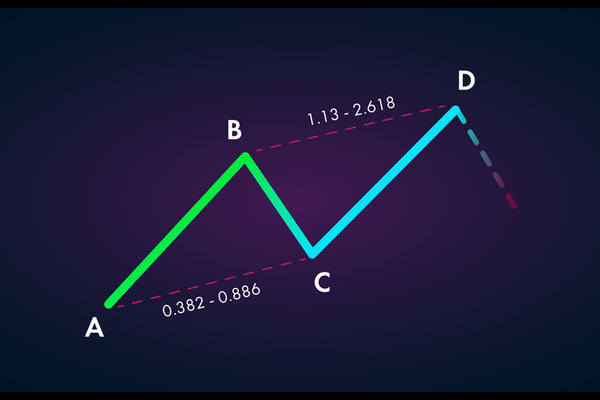Forex signal sources refer to information sources that provide trading signals and suggestions. These signals and suggestions
are usually based on market analysis and technical indicators and are aimed at
helping traders make more informed trading decisions.

There are various sources of forex signals, including but not
limited to the following:
1. Technical Analyst
Technical analysts analyze market trends and provide corresponding trading
signals and suggestions by studying charts, price patterns, trend lines,
technical indicators, and other methods.
2. Fundamentals Analyst
Fundamental analysts focus on fundamental factors such as economic
indicators, political events, and monetary policy, analyze their impact on
exchange rates, and provide corresponding trading signals and suggestions.
3. Automated trading system
Some forex signal sources are based on automated trading systems,
which automatically send buying and selling signals through preset trading
strategies and algorithms.
4. News organizations and media
News agencies and media typically provide news coverage, analysis, and
interpretation of the forex market, which can also serve as one of
the sources of forex signals.
5. Forex brokers
Some brokers provide forex signaling services,
providing trading advice and signals to customers.
The quality and reliability of forex signal sources vary. Traders
should carefully choose signal sources, evaluate the accuracy and effectiveness
of their signals, and make decisions based on their own trading strategies and
risk tolerance. At the same time, traders should also have a certain level of
market analysis and judgment ability and not completely rely on forex signal sources.
The charging method for forex signal sources varies depending on
the supplier and service type. The following are some common charging methods
for signal sources:
1. Subscription fees
Some forex signal sources provide subscription services, and
traders need to pay a certain fee to obtain the trading signals and suggestions
they provide. The amount of the subscription fee is usually priced based on the
quality and accuracy of the service.
2. Commission fees
Some trading signal sources are provided by forex brokers, who may charge commission fees. This means that when a trader executes
a transaction through the broker, they will pay a certain percentage of
commission.
3. Fixed expenses
Some forex signal sources may charge a fixed fee, and traders need
to pay the same amount regardless of the frequency of service usage. This
charging method is usually applicable to long-term or comprehensive
services.
4. Trading profit sharing
Some forex signal sources may collaborate with traders and share
trading profits. In this mode, traders share their profits obtained through
signal sources in accordance with the agreed proportion.
It should be noted that different signal sources may have
different charging methods and rates. When choosing forex signal
sources, traders should carefully understand the charging methods of different
signal sources and comprehensively consider their signal quality, service level,
and trading needs to make wise decisions. At the same time, attention should be
paid to avoiding the use of unreliable free signal sources, as their quality and
accuracy may be unreliable. It is best to choose reputable suppliers and conduct
thorough due diligence on the services they provide.







